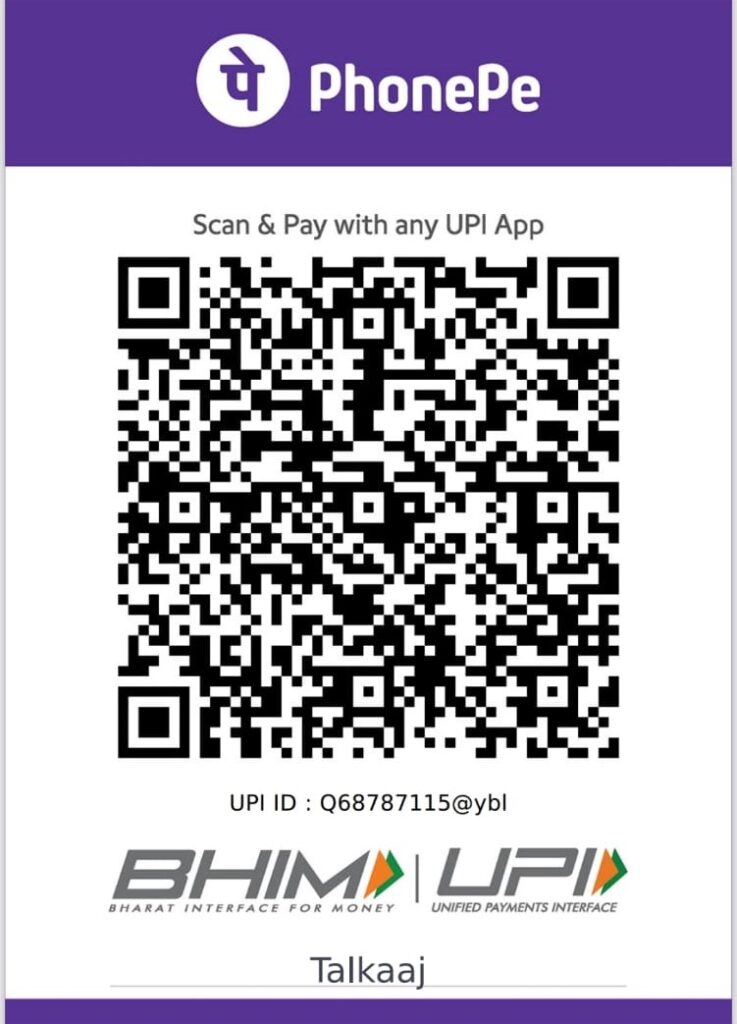Israeli PM Netanyahu Faces ICC Arrest Warrant: What’s Next?
The International Criminal Court (ICC) has issued an arrest warrant against Israeli Prime Minister Benjamin Netanyahu and former Defence Minister Yoav Gallant. The charges stem from alleged war crimes and crimes against humanity during military operations in Gaza.
The Allegations
The ICC has accused Netanyahu and Gallant of committing severe offences, including:
- Blocking essential supplies: Preventing the delivery of food, water, and medical aid to civilians in Gaza.
- Deliberately targeting civilians: Allegations state that attacks were directed at populated areas.
- Deaths of children: The blockade caused several children to die, while many others suffered in dire conditions.
- Inhumane acts: These acts are classified as murder and persecution under international law.
ICC’s Statement:
The ICC noted, “There is credible evidence to believe that Netanyahu and Gallant were directly involved in ordering attacks on civilians in Gaza, constituting war crimes.”
Israeli President’s Reaction
Israeli President Isaac Herzog condemned the ICC’s decision, calling it a “dark day for justice.” He further said:
- “This ruling makes a mockery of justice.”
- “The court has ignored the plight of 101 Israeli hostages held by Hamas in Gaza.”
- “Israel was attacked brutally, and defending its citizens is its right and duty.”
Netanyahu’s Stance on the ICC
Netanyahu’s office strongly criticised the ICC decision, labelling it as biased and antisemitic.
- “This ruling is based on false and absurd allegations.”
- “The ICC has proven itself to be a political institution rather than a judicial one.”
Hamas Responds
The militant group Hamas has rejected any negotiations involving hostage exchanges until the conflict ends. Khalil al-Hayya, a senior Hamas leader, stated:
- “No prisoner exchange will occur before the end of the war.”
- “We will not bow to external pressure or negotiations until our terms are met.”
Hamas’s Position:
- Gaza remains under siege, with conditions worsening daily.
- The group continues to demand international recognition of its stance in the ongoing conflict.
The Role of the United States
The United States has taken a significant stance by vetoing a United Nations Security Council resolution calling for a permanent ceasefire in Gaza.
- According to the U.S. envoy, “The resolution must include provisions for the immediate release of Israeli hostages as part of any ceasefire.”
Criticism of the U.S. Position:
- Critics argue that this veto demonstrates America’s bias towards Israel.
- Palestinian groups see this as a further indication of the U.S. taking sides in the conflict.
Historical Context
This is not the first time the ICC has taken such a step.
- The court has previously issued similar warrants against African leaders and others accused of war crimes.
- However, targeting a sitting prime minister of a democratic nation adds a layer of complexity to the situation.
NO: 1 हिंदी न्यूज़ वेबसाइट TalkAaj.com (बात आज की)
(देश और दुनिया की ताज़ा खबरें सबसे पहले पढ़ें TalkAaj (Talk Today) पर , आप हमें Facebook, Twitter, Instagram और Youtube पर फ़ॉलो करे)
|
